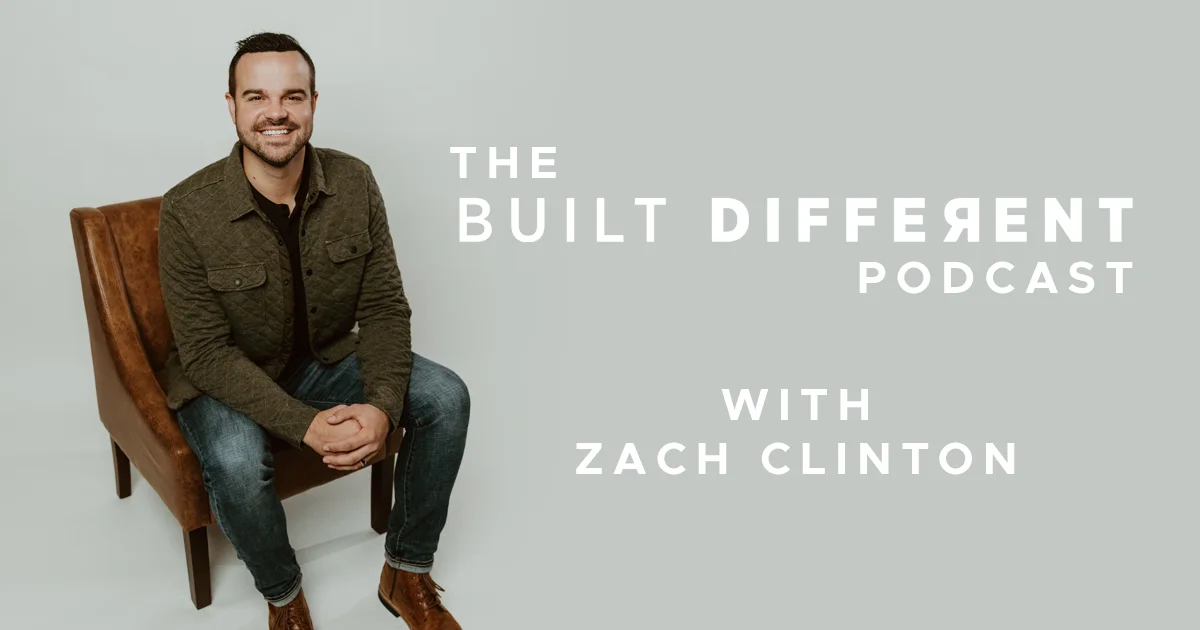
Jesus Didn't Feel the Need to Rush, Neither Should We
By Deidre Braley
And Jesus said, "Who was it that touched me?" – Luke 8:45
I am a get-it-done girl. I come by it honestly; efficiency and tenacity have been passed down through the women in my family tree, and my genes are wired in a way that makes me want to get the most things done in the least time possible.
So, I often feel exasperated when I’m forced to slow down. The other day, my dog and I were out for a jog, and just as my favorite song came on and I hit my stride, he was hit by an irresistible smell from a passing bush. He came to a screeching halt—and I nearly popped my shoulder out of joint. Frustrated, I tried to drag him along, but he’s a stubborn little thing, and finally, I gave up and let him sniff the bush, then the grass, then the clover. I thought to myself, It’s his walk too, I guess.
I haven’t adapted that easily to the interruptions of motherhood, though. I wish I could say that I’m naturally the type of mother who enjoys baking with her toddlers, who welcomes the dawdling independence of a two-year-old dressing herself, or who’s content with long, sprawling days spent playing blocks and make-believe. But I am not.
In truth, as a dreamer and a doer, I’ve had more moments than I care to admit when I’ve thought, If only I could just do this on my own, it would be so much faster. I could get so much more done. When I catch myself putting projects over people, though, I remind myself of the interruptibility of Jesus.
In Luke 8, Jesus is on his way to Jairus’ house. His daughter is dying, and it’s urgent. But as he’s moving through the crowd and people are pressing in on him from every side, a woman who’s had an issue of bleeding for twelve years reaches out and touches the hem of his cloak. She senses that she’s been immediately healed, even without a face-to-face interaction with Jesus. Now, Jesus could have kept moving, could have left it at that. But instead, amidst the great haste and urgency of the crowd, he stops. Luke 8:45 recounts, “And Jesus said, “Who was it that touched me?” He puts aside his agenda and stops to have a conversation with the woman in order to heal not only her body—but her spirit.
While he is stopped, someone comes from Jairus’ home to announce that his daughter has died. It seems, for a moment, that Jesus’ willingness to be interrupted has had fatal consequences. But then he goes to the little girl, raises her from death, and completes his mission.
From Jesus, we learn that loving others is the priority—even when that loving is inefficient, inconvenient, or downright untimely. Philippians 2:3-4 says, “Do nothing from selfish ambition or conceit, but in humility count others more significant than yourselves. Let each of you look not only to his own interests, but also to the interests of others.” It’s true that living this way slows us down, and that if we were only living for ourselves, we’d probably get a lot more done. But maybe that’s exactly why God gives us people to care for: in order to slow us down, limiting our propensity to run towards selfish pursuits, which is a road to disaster.
If we follow our selfish ambition or conceit, it will lead to destruction—at breakneck speed. Jesus, on the other hand, teaches us that the road to life looks a lot more like walking, stopping, talking, and allowing ourselves to move at the speed of love. Just like vehicles have built-in governors to prevent them from driving at dangerous speeds, God gives us speed governors for our lives, too—the people we’ve been entrusted to love.
Intersecting Faith & Life:
Today, practice being interruptible. Remember: people are more important than projects or progress. This could look like:
- Talking with the person at the cash register ringing out your groceries.
- Putting your phone in another room when you’re spending time with your children.
- Looking your spouse in the eyes as they tell you about their day.
- Noticing people throughout your day (at work, in the coffee shop, on the bus) who look like they could use a smile, a kind word, a listening ear—and giving that to them.
Further Reading:
Luke 8
Photo Credit: ©GettyImages/Zbynek Pospisil
 Deidre Braley is a wife and mother to three children. She is the author and host behind The Second Cup, a collection of essays, poems, and podcast episodes where holiness and humanity collide. She recently published her debut poetry collection, The Shape I Take. Deidre is an editor with The Truly Co, and a contributor for The Way Back to Ourselves and Aletheia Today, among others. Her ideal day is spent eating chocolate croissants and having long chats about writing, dreams, and theology. Connect with Deidre on Instagram @deidrebraley.
Deidre Braley is a wife and mother to three children. She is the author and host behind The Second Cup, a collection of essays, poems, and podcast episodes where holiness and humanity collide. She recently published her debut poetry collection, The Shape I Take. Deidre is an editor with The Truly Co, and a contributor for The Way Back to Ourselves and Aletheia Today, among others. Her ideal day is spent eating chocolate croissants and having long chats about writing, dreams, and theology. Connect with Deidre on Instagram @deidrebraley.
Check out fantastic resources on Faith, Family, and Fun at Crosswalk.com!
Related Resource: How Habit Stacking Will Help You Discipline Your Mind, Body, & Spirit
The process of success is not hidden. It is on display for anyone to see. However, it is a daily grind that requires a great deal of work that is tedious and often uncomfortable. Successful people simply do the work. They embrace the grind and everything that comes with it. Ultimately, successful people understand this truth - Hope doesn’t produce change. Habits do! Everyone has the desire, but many lack the necessary discipline! That’s why today on The Built Different Podcast we have a very special guest who understands the importance of discipline and habits at a very high level. Don’t just focus on changing the thoughts in your head and the habits in your life, but also allow God to transform your heart from the inside out. If you like what you hear, be sure to subscribe to The Built Different Podcast on Apple, Spotify or YouTube so you never miss an episode!

